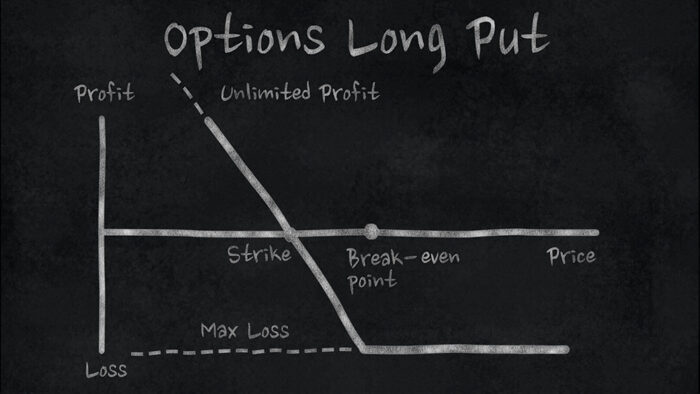Excerpt
Phenomenal innovation, new technologies, growth of social media, and e-commerce have been characteristics of the last decades. BigTech companies such as Google, Facebook (Meta), Amazon, Apple, and Microsoft are becoming so increasingly popular. So now, in connection to the actual carnage on the financial markets, the question arises: are BigTech firms the new “Too Big to Fail”?
The authors of a recent academic paper answered this question from two perspectives – macro and finance. Firstly, they examined that, from 2014 to 2021, the largest tech companies benefited from a funding advantage of about 30bps., on average. Investors expect that the government will support these firms and consequently do not correctly price risk. Secondly, the paper shows that investors prefer BigTech investments during turbulent times, as we could observe throughout the Covid-19 crisis. In other words, investors see BigTech bonds as safe assets.
Finally, the authors confirm that BigTech companies are predisposed to be the new “Too Big to Fail” firms because of their unique position. However, the question remains on how to regulate these companies in the future.
Authors: Nordine Abidi and Ixart Miquel-Flores
Title: Too Tech to Fail?
Link: https://papers.ssrn.com/sol3/papers.cfm?abstract_id=4044577
Abstract: Do the biggest tech companies have a bond funding edge? Are they the new “Too-Big-to-Fail” (TBTF)? TBTF represents, among other things, the idea that the biggest firms (usually banks) receive an unfair funding advantage over smaller ones in the bond market. By investigating the tech financial world, our empirical work reveals two important findings. First, within the universe of bond-issuing U.S. firms, the largest tech companies did experience a funding advantage – of about 30bps. on average – from 2014 to 2021. Our estimates suggest that the (implicit) subsidy is in the range of 1 to 2 USD billion per year and that this has been steadily rising over the last years, especially during the Covid-19 period. Second, using a unique dataset of security-level portfolio holdings by sector in each euro area country, we investigate portfolio choices during times of financial distress. We find evidence of a sharp relative increase in portfolio holdings of Big Tech securities during times of market turbulence suggesting that Big Tech bonds act as safe assets. Overall, while the magnitudes of our estimates remain small from a macroeconomic perspective, we find that Big Tech companies are slowly converging towards what we call the “Too-Tech-to-Fail” (TTTF) paradigm. In other words, the unique position they have in the new economy, seems to artificially boost their credit profiles and lower their bond funding costs, potentially creating an uneven playing field.
Visit Quantpedia to read the full article: https://quantpedia.com/too-tech-to-fail/.
Disclosure: Interactive Brokers
Information posted on IBKR Campus that is provided by third-parties does NOT constitute a recommendation that you should contract for the services of that third party. Third-party participants who contribute to IBKR Campus are independent of Interactive Brokers and Interactive Brokers does not make any representations or warranties concerning the services offered, their past or future performance, or the accuracy of the information provided by the third party. Past performance is no guarantee of future results.
This material is from Quantpedia and is being posted with its permission. The views expressed in this material are solely those of the author and/or Quantpedia and Interactive Brokers is not endorsing or recommending any investment or trading discussed in the material. This material is not and should not be construed as an offer to buy or sell any security. It should not be construed as research or investment advice or a recommendation to buy, sell or hold any security or commodity. This material does not and is not intended to take into account the particular financial conditions, investment objectives or requirements of individual customers. Before acting on this material, you should consider whether it is suitable for your particular circumstances and, as necessary, seek professional advice.










![[Gamma] Scalping Please [Gamma] Scalping Please](https://ibkrcampus.com/wp-content/smush-webp/2024/04/tir-featured-8-700x394.jpg.webp)





